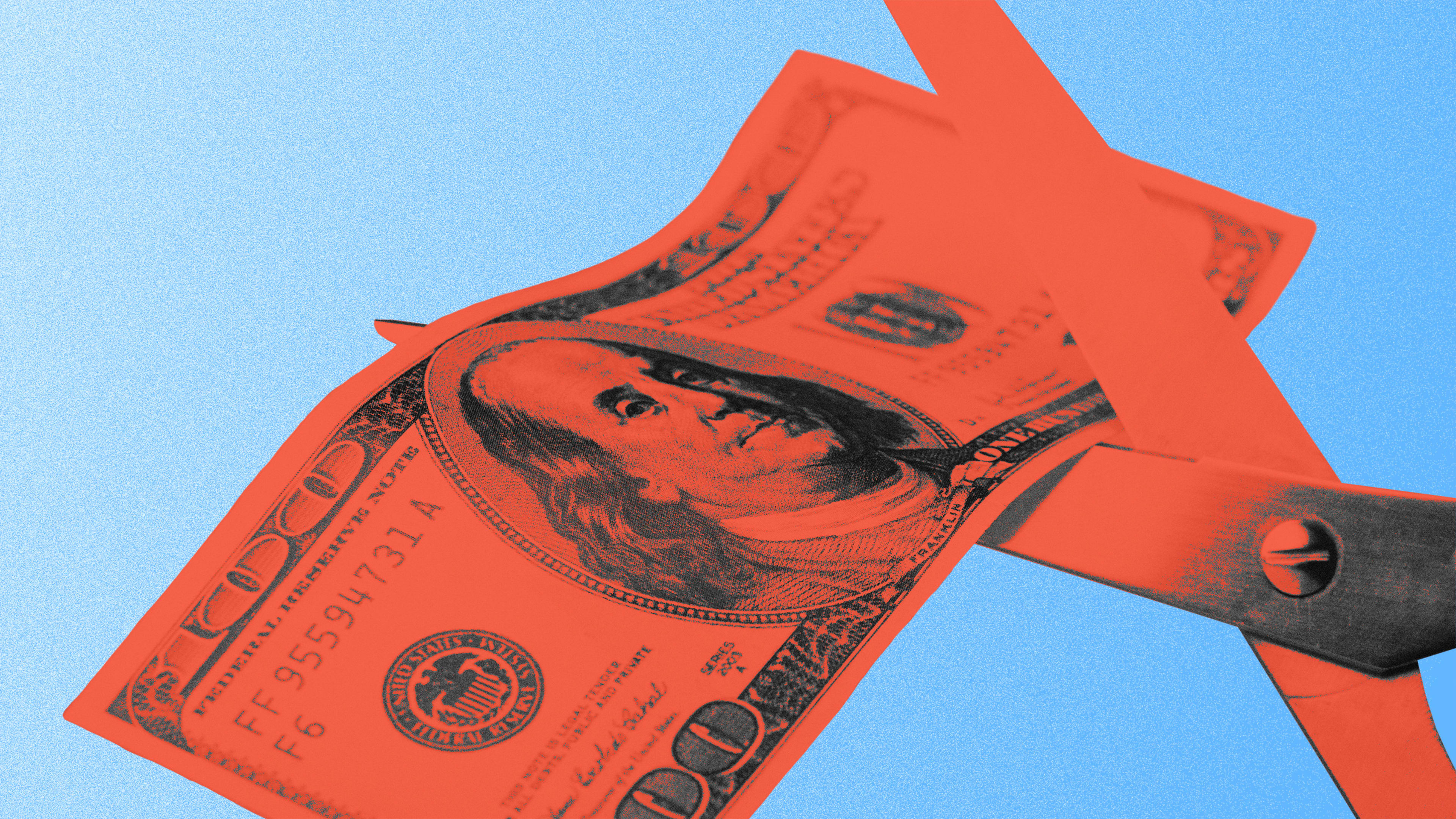It was supposed to be a big chunk of quick cash for small businesses affected by the coronavirus pandemic, but now it looks like it might not be that big—and it definitely won’t be quick.
The Small Business Administration confirmed in an email to loan applicants yesterday that a promised advance of up to $10,000 will be considerably smaller for some businesses. The email was sent to business owners who applied for the Economic Injury Disaster Loan, according to sources who shared a copy of the email with Fast Company. In it, the SBA said the advance amount would be based on an applicant’s employee head count:
“To ensure that the greatest number of applicants can receive assistance during this challenging time, the amount of your Advance will be determined by the number of your pre-disaster (i.e., as of January 31, 2020) employees. The Advance will provide $1,000 per employee up to a maximum of $10,000.”
A spokesperson for the SBA confirmed the contents of the email.
The scaled-down policy is a blow for businesses with less than 10 employees that were anticipating the full $10,000. As part of the $2 trillion economic stimulus package passed last month, the advance money won’t have to be paid back, even if the applicant is ultimately turned down for the loan. It was initially supposed to be disbursed within three days, but that deadline was blown after a flood of applicants overwhelmed the agency.
The policy is not a complete surprise, however: Some applicants have said they were told about the employee-based advance amount when they called to inquire about their status. The scale was also mentioned in an email bulletin sent last week by the SBA’s Massachusetts District Office, but the main branch of the SBA declined to discuss it when contacted by Fast Company, saying it was still waiting for “specifics on policy updates from SBA senior leadership.”
In general, the rollout of economic relief programs meant for small businesses has been disorganized, inconsistent, and full of delays, with some relief-seekers saying they can’t find a lender to work with them and others expressing frustration over glitches in the application process.
Acknowledging the chaos in a letter to SBA administrator Jovita Carranza last week, 19 senators led by Ron Wyden of Oregon called on the agency to provide “consistent guidance” with regard to its implementation of the emergency loans and associated grants.
Recognize your brand’s excellence by applying to this year’s Brands That Matter Awards before the early-rate deadline, May 3.
